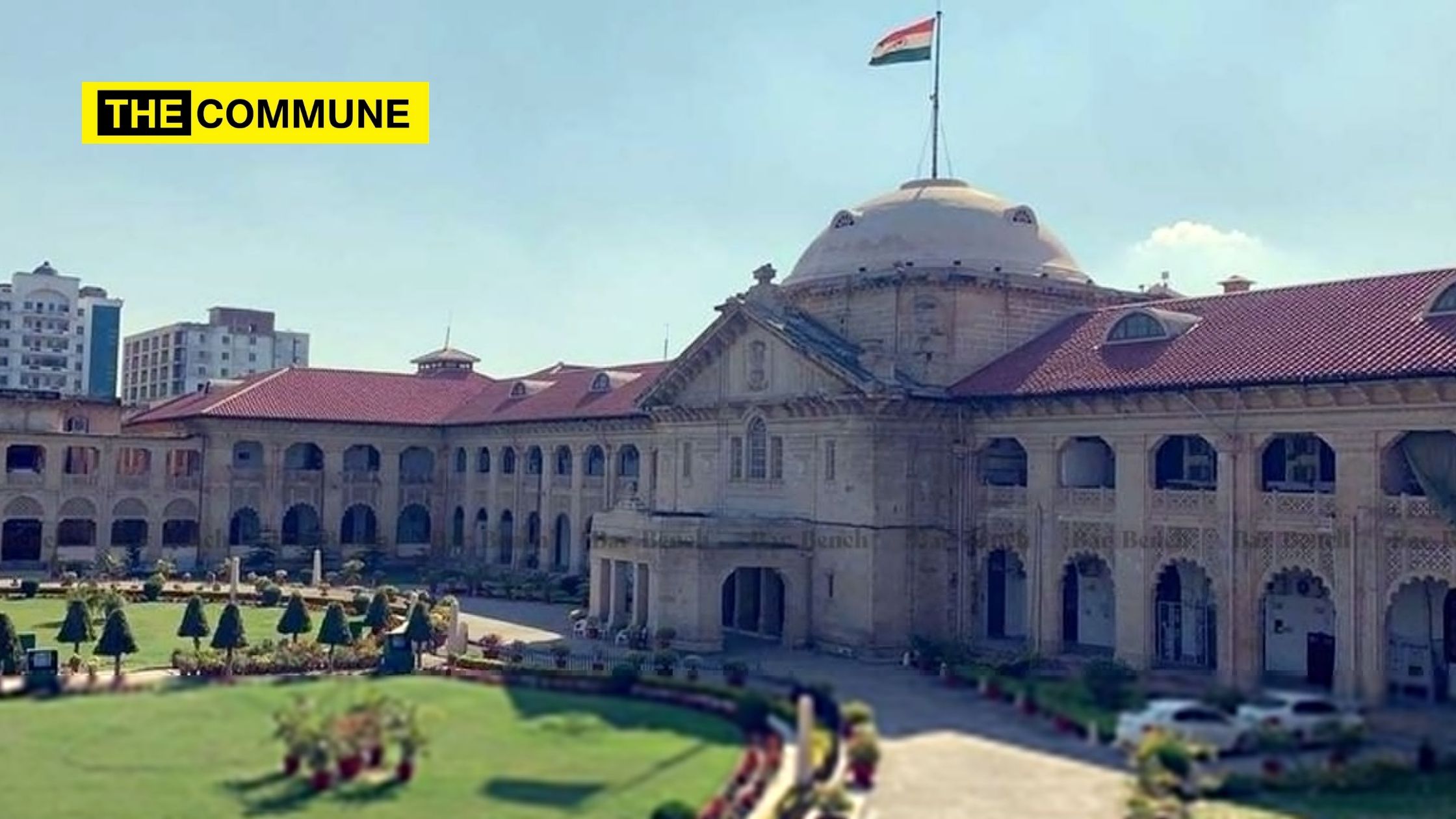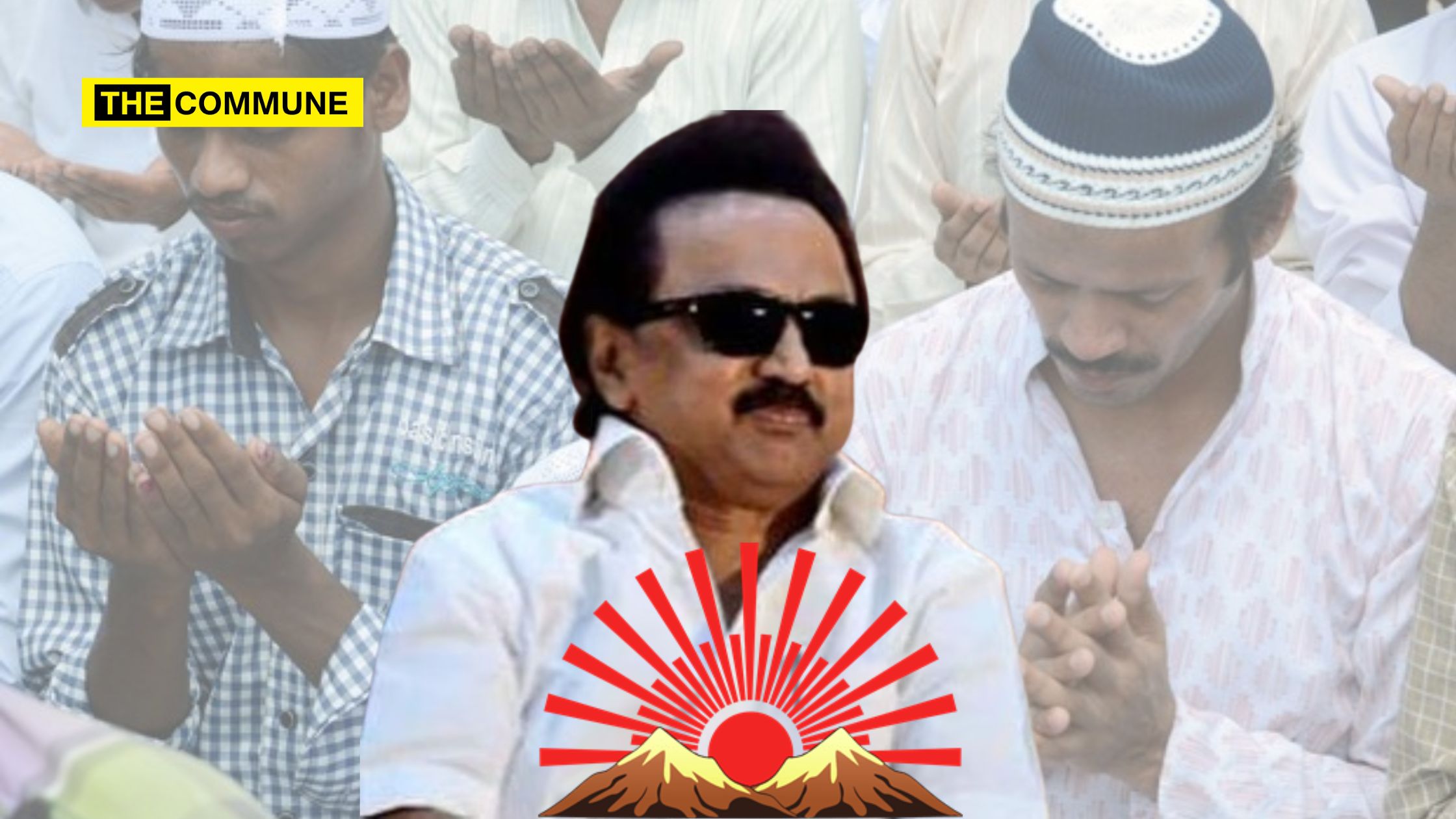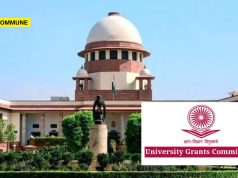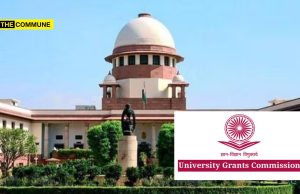
The Allahabad High Court has clarified that the right to freedom of religion does not encompass the right to convert others. This observation was made while denying bail to Shriniwas Rav Nayak, who is accused of engaging in religious conversions. Justice Rohit Ranjan Agarwal, in rejecting Nayak’s bail plea, emphasized that while the Indian Constitution allows individuals the right to profess, practice, and propagate their religion, it does not permit converting others.
Justice Agarwal noted, “The Constitution confers on each individual the fundamental right to profess, practice, and propagate his religion. However, the individual right to freedom of conscience and religion cannot be extended to construe a collective right to proselytize.” The court further stated that the right to religious freedom applies equally to the person converting and the individual being converted.
Nayak, a resident of Andhra Pradesh, was charged under the UP Prohibition of Unlawful Conversion of Religion Act, 2021, for converting some Hindus to Christianity by promising them relief from pain and a better life. While some villagers adopted Christianity and began praying, the informant, Brijlal, managed to escape and reported the incident to the police.
The prosecution explained that Brijlal had been invited to the house of a co-accused in Uttar Pradesh’s Maharajganj district in February this year. There, he observed many others, mostly from the Scheduled Caste community. The accused allegedly asked Brijlal to abandon Hinduism and convert to Christianity with promises that all his suffering would end, and his life would improve. Brijlal escaped and alerted the authorities, leading to the case’s registration.
After considering arguments from both sides, the High Court highlighted that the 2021 law explicitly prohibits conversion through misrepresentation, force, fraud, undue influence, coercion, and allurement. The court noted that the Act also stipulates penalties for violating its provisions and restricts individuals from abetting, convincing, or conspiring to carry out such conversions.
Additionally, the court remarked that the 2021 Act was enacted in accordance with Article 25 of the Indian Constitution, which does not allow or permit any citizen to convert another citizen from one religion to another. Given the allegations against Nayak, the court observed that the informant had been persuaded to convert to another religion, which was sufficient prima facie evidence to deny bail. This established that a conversion program was ongoing, targeting villagers from the Scheduled Castes community to convert from Hinduism to Christianity.
On 1 July 2024, while hearing arguments for a similar case (Kailash vs State of UP), Justice Rohit Ranjan Agarwal while dismissing the bail plea of the accused also observed that the majority population of India could become a minority if religious gatherings facilitating conversions are not curtailed.
(With inputs from Times Of India)
Subscribe to our channels on Telegram, WhatsApp, and Instagram and get the best stories of the day delivered to you personally.




